-
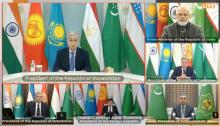
India has launched a comprehensive but cautious extended neighbourhood foreign policy in Central Asia during India-Central Asia Summit on January 27, 2022.
-
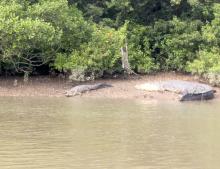
Swamps are a spooky, ugly, disenchanted place in children’s stories, books, animated serials and movies. These imaginations are relatively antithesis of the real value of swamps and others where land meets water. Wetlands, as commonly known, are abundant in life and livelihood. Therefore, the world celebrates every year on February 2 as World Wetlands Day to encourage global awareness about the vital role of wetlands in the ecosphere.
-
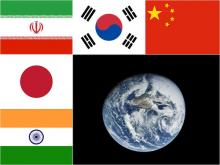
The world is facing various challenges owing to the ongoing Covid-19 crisis and it appears that this threat is not going to get over, at least in the near future. The world is slowly learning to adapt to this new reality. Some states are found doing well (in a relative sense) and are getting tuned to work under the shadow of the Covid-19 menace. Initially, various social sectors and sectors of the economy were finding it difficult to operate under the current crisis.
-
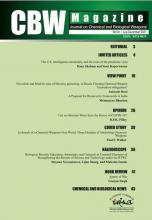
Alexei Navalny, the Russian pro-democratic opposition figure and anti-corruption activist, wrote in an August 2021 article that “[I] did not die from poisoning by a chemical weapon, and it would seem that corruption played no small part in my survival.” Fortunately, he lives to tell this ordeal. Navalny was recollecting the assassination attempt on his life exactly a year back, with a suspected nerve agent. On August 20, 2020, Navalny was grievously ill onboard a flight from Tomsk (Siberia) to Moscow.
-

In June 2021, the then outgoing Kerala state police chief Loknath Behera, just two days before his retirement, observed that "Kerala is a recruiting ground because the people here are educated, and the [Islamic State] IS requires engineers and doctors. But we have dealt with it systematically, and it has come down." Perhaps, many Indians took that statement lightly. Many might have thought that the former police chief must be aspiring to join the politics by making such remarks.
-
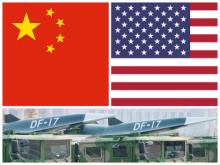
China testing hypersonic missile technology: there is one report and one rebuttal. Recently, the London-based Financial Times (FT) report has claimed that during August 2021, China has successfully tested a nuclear-capable hypersonic missile.
-
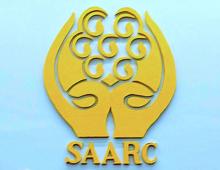
The South Asia Association for Regional Cooperation (SAARC) Foreign Ministers meet on the sidelines of the United Nations General Assembly (UNGA) meeting has become a convention since 1997. Despite the SAARC Summit meetings being cancelled or postponed, the SAARC foreign Ministers have met regularly to discuss the regional affairs. Lately, since 2018, the India Pakistan conflict has also spilled over to the SAARC foreign ministers meet in New York.
-

On August 15, 2021, the Taliban declared the war in Afghanistan is over, after taking control of the presidential palace in Kabul. Except for the ongoing resistance from National Resistance Front (NRF) in Panjshir valley and sporadic violence from Islamic State’s Khorasan branch, Afghanistan has witnessed relative calm since then. However, the law and order situation continues to remain grim.
-

Seven people including six Assam police personnel were killed by the Mizoram police firing on July 26, 2021, during an armed standoff at the Assam-Mizoram borders. The situation remained tense but came under control after the Union Government deployed two companies of the Central Reserve Police Force (CRPF) along with the disputed areas on the Assam-Mizoram border.
-
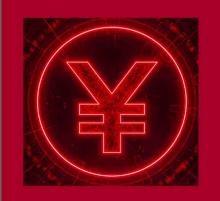
The People’s Bank of China (PBOC), along with the commercial institutions in the country, has been actively testing its digital fiat currency, the Chinese electronic yuan (e-CNY), with almost 21 million people (personal wallets) having taken part in the tests as of June 2021.[i] Further, China has been accelerating its efforts to make the 2022 Beijing Winter Olympics “technology savvy” by the wide adoption of e-CNY.
Paxton ported to drupal by DropThemes.in